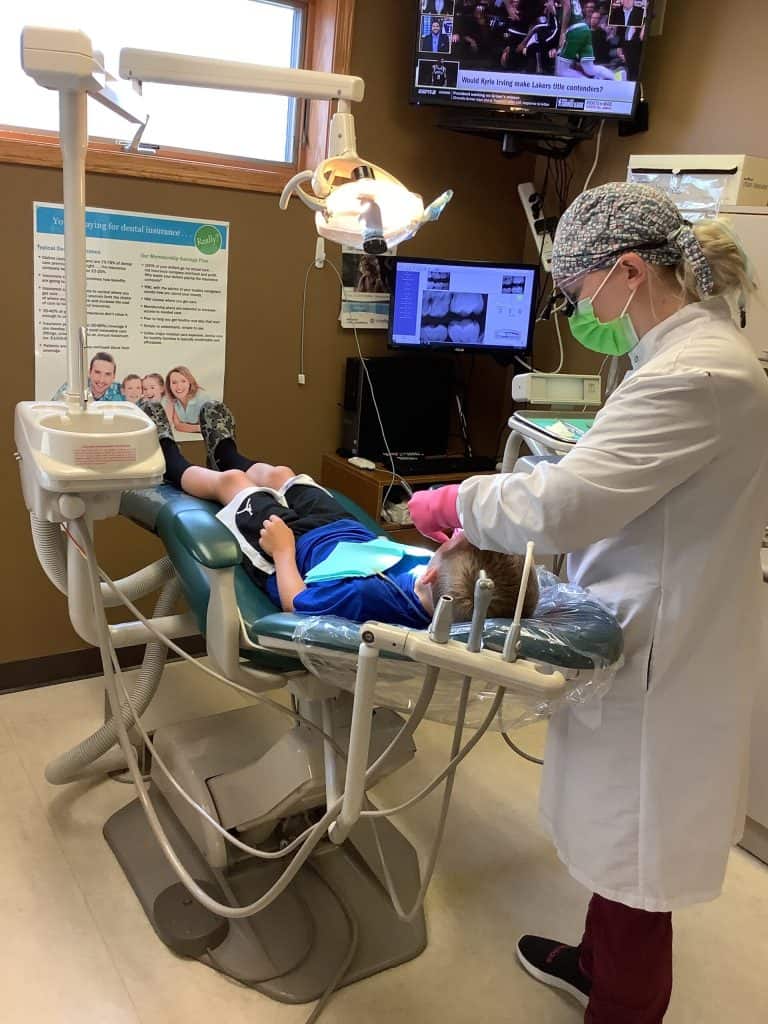Dental emergencies happen unexpectedly and can be scary, but knowing what to do in these scenarios can sometimes mean the difference between keeping a tooth or losing it.
Athletes who play a high-contact sport are at a higher risk for dental injuries. According to a study published in the Journal of the American Dental Association, about 13 to 39% of all dental injuries are caused by athletic activities. Be prepared for this worst-case scenario by knowing where to go, what number to call, and how your plan covers dental emergencies.
What Are Some Common Dental Emergencies?
- Cracked or broken teeth
- Knocked-out teeth
- Teeth or jaw pain
- Broken jaw
- Bleeding or aching gums
- Soft tissue injuries
- Toothaches
- Objects stuck in the mouth
What Should I Do First In A Dental Emergency?
If you’re experiencing a dental emergency, don’t panic we’re here to help! If you have an after-hours dental emergency, call your local office directly and connect to our emergency line.
Tips For Handling A Dental Emergency
- Cracked or broken tooth: Rinse out your mouth with warm water and apply a cold compress to your face to keep the swelling down.
- Knocked-out tooth: Keep the tooth moist at all times. Place the tooth back into the socket without touching the root if possible. However, if this is not possible, place the tooth between your cheek and gums or in milk. Then, visit your dentist’s office immediately.
- Teeth or jaw pain: An infection, like an abscessed tooth, could be causing your discomfort.
Broken jaw: Apply a cold compress to your face to keep the swelling down. Then, visit your dentist or local emergency room immediately. - Bleeding or aching gums: You may have gum disease requiring dental treatment. To learn more about gum disease, check out our blog, Gum Disease: Causes Symptoms, Treatment, and Prevention.
- Soft-tissue injury: Clean the injured area with water and apply a cold compress for bleeding. If the injuries continue bleeding or are deep, you may need stitches.
- Object stuck in your mouth: Try to remove it with floss; do not try to remove it with something sharp or pointed. If it remains trapped, you should visit your dentist as soon as possible, as the stuck object could cause an infection.
How To Prevent Future Dental Emergencies
There are some basic precautions you should take to help prevent dental emergencies. They are as follows:
- Wear protective mouthguards when participating in sports.
- Avoid chewing hard foods like ice.
- Don’t try to open or cut things with your teeth.
We promise to provide our patients with the ultimate care. This includes delivering the highest quality of technical care and treating our patients with respect, courtesy, and compassion. If you need emergency dental care and want to make an appointment with one of our dentists, please call us.

